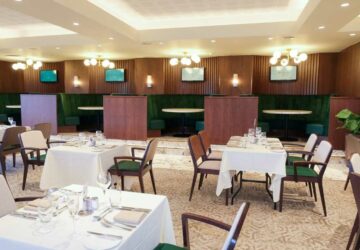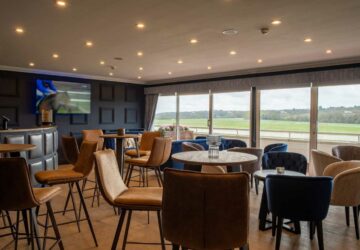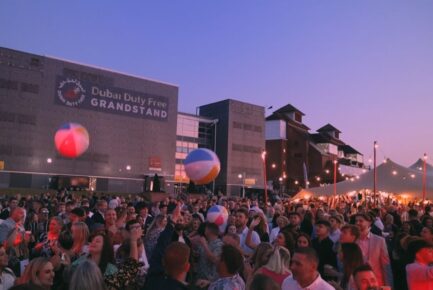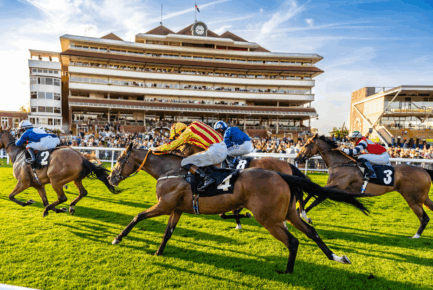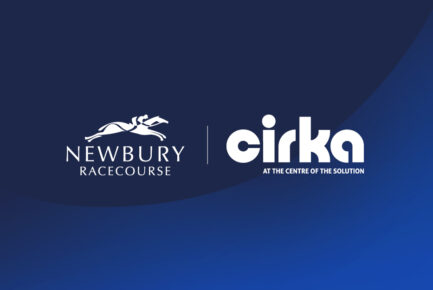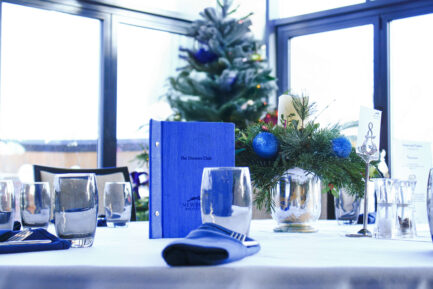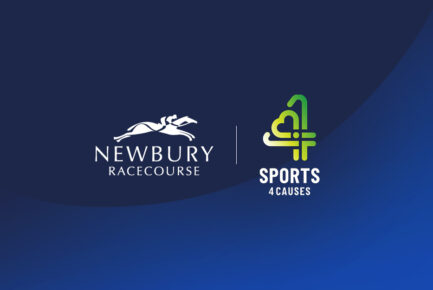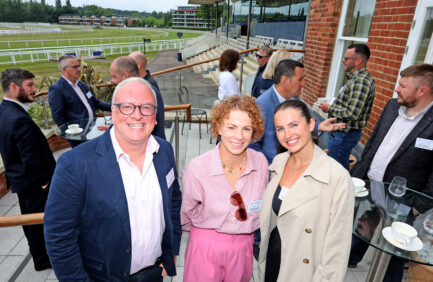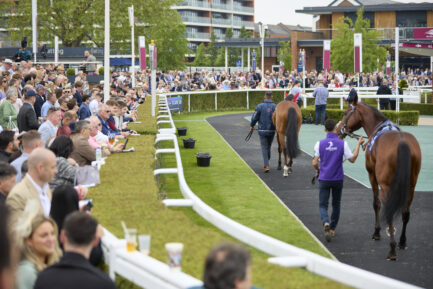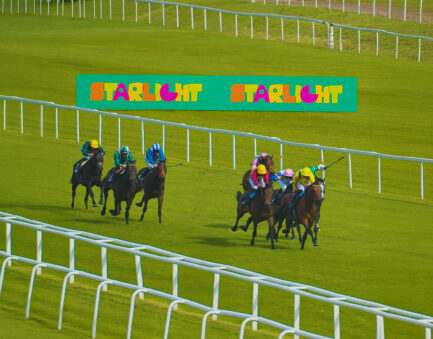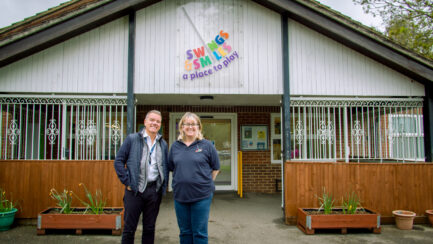Make A Booking
Newbury hosts year-round racing – utilise the dropdown list below to select a raceday.
Select Your Raceday
Summer Evening Series Raceday with The Wild Wild West | Thu 10 JulIRE Incentive Raceday | Fri 18 JulWeatherbys Super Sprint with Sophie Ellis-Bextor and Ella Henderson | Sat 19 JulSummer Evening Series Raceday with The Ibiza Beach Club | Thu 24 JulBetVictor Evening Raceday | Tue 5 AugSummer August Raceday with Björn Again | Fri 15 AugVisit Malta Hungerford Day with Clean Bandit | Sat 16 AugAugust Evening Raceday | Thu 28 AugDubai Duty Free International (Friday) | Fri 19 SepDubai Duty Free International with James Bay | Sat 20 SepBetVictor Flat Finale with Oktoberfest (Friday) | Fri 24 OctBetVictor Flat Finale with Oktoberfest (Saturday) | Sat 25 OctBetVictor Jumps Season Opener | Thu 6 NovCoral Long Distance Hurdle Day | Fri 28 NovCoral Gold Cup Day | Sat 29 NovBetVictor Christmas Raceday | Wed 17 DecCoral Challow Hurdle Day | Mon 29 Dec
Make A Booking
Newbury hosts year-round racing – utilise the dropdown list to select a raceday and book hospitality.
Alternatively, explore our signature suites in this window.
Select Your Raceday
Summer Evening Series Raceday with The Wild Wild West | Thu 10 JulIRE Incentive Raceday | Fri 18 JulWeatherbys Super Sprint with Sophie Ellis-Bextor and Ella Henderson | Sat 19 JulSummer Evening Series Raceday with The Ibiza Beach Club | Thu 24 JulBetVictor Evening Raceday | Tue 5 AugSummer August Raceday with Björn Again | Fri 15 AugVisit Malta Hungerford Day with Clean Bandit | Sat 16 AugAugust Evening Raceday | Thu 28 AugDubai Duty Free International (Friday) | Fri 19 SepDubai Duty Free International with James Bay | Sat 20 SepBetVictor Flat Finale with Oktoberfest (Friday) | Fri 24 OctBetVictor Flat Finale with Oktoberfest (Saturday) | Sat 25 OctBetVictor Jumps Season Opener | Thu 6 NovCoral Long Distance Hurdle Day | Fri 28 NovCoral Gold Cup Day | Sat 29 NovBetVictor Christmas Raceday | Wed 17 DecCoral Challow Hurdle Day | Mon 29 Dec
Make A Booking
Newbury Racecourse is home to The Lodge, a 36-room hotel nestled at the heart of the Racecourse estate.
Access the best price for your stay by booking direct, follow the link below to do so.
Make An Enquiry
If you’d like to get in touch with a member of Conference & Events team simply complete the short form below and we’ll be in touch.
Get In Touch
If you’d like to get in contact with us simply complete the short form below and a member of our team will be in touch shortly.

